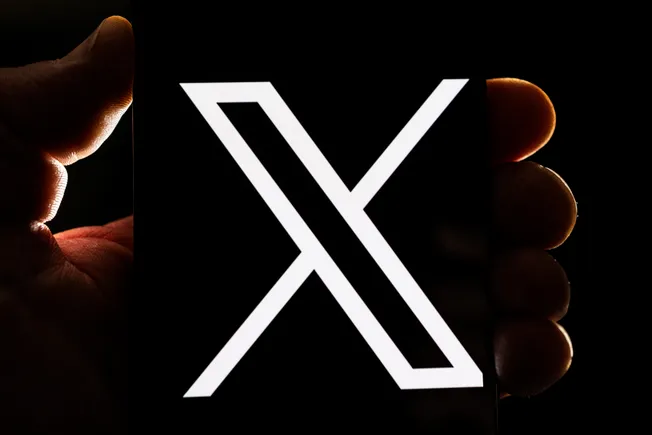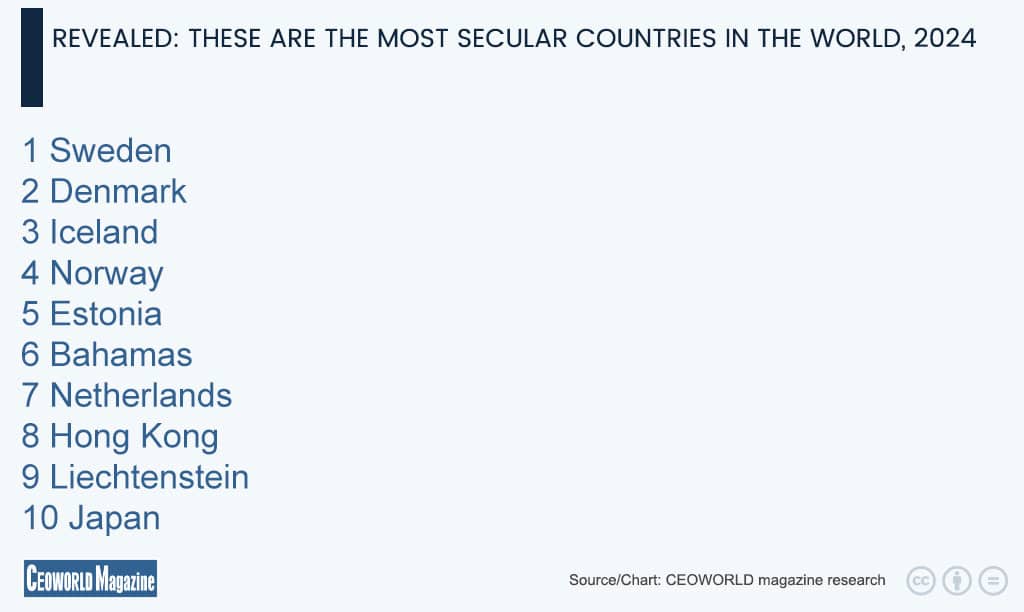Until she won election as mayor of Los Angeles last November, Karen Bass was a member of Congress, representing California’s 37th district and serving for two years as chair of the Congressional Black Caucus. And until Joe Biden tapped her in 2021 to be Secretary of Housing and Urban Development, Marcia Fudge was also a member of Congress, representing Ohio’s 11th district, and also chairing the Black Caucus from 2013 to 2015.
Turns out having a good working relationship can lead to getting pretty great things done, since this week, Mayor Bass announced that she and Secretary Fudge had reached an agreement to streamline getting unhoused people in Los Angeles out of shelters and other temporary housing and into permanent housing quickly, without having to jump through bureaucratic hoops that sometimes left usable housing empty for months while applicants struggled to complete paperwork.
The idea is pretty simple: Get people into housing quickly and if their paperwork isn’t finished, then great, have a social worker help them finish it. Los Angeles is one of four cities that signed a memorandum of understanding with the White House and HUD to speed up the process.
Thanking Fudge and President Biden for their help in cutting through the red tape, Bass explained in a statement,
For too long, the system responded to unhoused Angelenos with a 30+ page questionnaire asking for proof that they were low income instead of with the housing they needed. This critical agreement will prevent people from languishing in interim housing because of the need to prove income and other factors. People should not be left in motels, tiny homes, or A Bridge Home housing because of paperwork. This announcement addresses major roadblocks, putting housing first and bureaucracy last.
Bass noted that once people are in permanent housing, then public housing authorities will work with them to get the verification that’s still required by California and federal rules.
Among the shortcuts the agreement enables, applicants will be able to self-certify their income to prove they aren’t just sneaky millionaires, since the more common problem is that people in poverty don’t have traditional income or bank accounts.
Applicants will also be allowed to just tell housing officials their Social Security number and date of birth, since holding onto identification documents is hard to do when you’re unhoused.
And finally, the plan will allow people to self-certify that they’re disabled, because unhoused people tend not to have access to healthcare to get a doctor’s note proving they have a disability.
The Los Angeles Times notes that Bass’s Inside Safe program has been relatively successful in getting people out of encampments, but has so far only gotten 200 people into permanent public housing. The existing process is just full of roadblocks, speedbumps, and other traffic-related metaphors, as the Times explains:
The change has long been sought by housing providers who have wrestled, with only limited success, to speed up the leasing of subsidized apartments that become vacant when their occupants die or move out. Historically, when a unit became available, a person who met the criteria for that particular unit — veteran, senior, physically disabled person, etc. — would be matched to it from a waiting list and then begin the documentation process.
That could require getting a new driver’s license and Social Security card, documenting income from general relief or Supplemental Security Income and proving legal residency and status as homeless. All that often takes months. And efforts to qualify applicants before matching them to an apartment proved challenging because applicants so often lost the documents while waiting.
Honestly, we think “how can we make this process less Kafkaesque?” would be a good motto for any organization.
The Times notes that initially, HUD agreed to all but one of the paperwork streamlining measures Bass asked for, but wanted to keep the proof of income eligibility in place. Bass appealed directly to Fudge, arguing that the scope of the homelessness problem in Los Angeles made it difficult to gather that data and get people housed quickly. HUD granted a waiver, allowing people up to 60 days after being housed to submit the income information.
And now, people can start rebuilding their lives inside a place that’s safe and dry. Wow. The Biden administration is very interested in expanding the new approach, too, and call us crazy, but we really enjoy the pleasant surprise when good people come together to get good governing done.
Also, while we’re here, check out this nifty discussion of how tiny homes are playing a role in addressing homelessness. While we see where Bass is coming from when she says permanent housing is better, there’s certainly a case to be made for them as part of a strategy for helping people get off the streets. The article addresses some of the challenges — especially funding, always funding — but notes that while they may not be perfect, “tiny home providers see them as better solutions than shelters.” As with Bass’s plan, one of the key factors to success is integrating services, so people are able to get the additional services they need. It’s a pretty good read!
OPEN THREAD!
[Office of the Mayor / LAT / Smart Cities]
Yr Wonkette is funded entirely by reader donations. If you can, please subscribe, or if you prefer, you can make a one-time donation so we can keep bringing you the nice times good governing stories like these.
























































![Social Media Spring Cleaning [Infographic] Social Media Spring Cleaning [Infographic]](https://imgproxy.divecdn.com/9e7sW3TubFHM00yvXe5zvvbhAVriJiGqS8xmVFLPC6s/g:ce/rs:fit:770:435/Z3M6Ly9kaXZlc2l0ZS1zdG9yYWdlL2RpdmVpbWFnZS9zb2NpYWxfc3ByaW5nX2NsZWFuaW5nMi5wbmc=.webp)
![5 Ways to Improve Your LinkedIn Marketing Efforts in 2025 [Infographic] 5 Ways to Improve Your LinkedIn Marketing Efforts in 2025 [Infographic]](https://imgproxy.divecdn.com/Hv-m77iIkXSAtB3IEwA3XAuouMwkZApIeDGDnLy5Yhs/g:ce/rs:fit:770:435/Z3M6Ly9kaXZlc2l0ZS1zdG9yYWdlL2RpdmVpbWFnZS9saW5rZWRpbl9zdHJhdGVneV9pbmZvMi5wbmc=.webp)








![Instagram Shares New Explainer on Key Ad Metrics [Infographic] Instagram Shares New Explainer on Key Ad Metrics [Infographic]](https://www.socialmediatoday.com/imgproxy/dcXn4BpX6OwwlRfBFeqSB8yefDLgabXUZxgkW4dNowI/g:ce/rs:fill:700:2737:0/bG9jYWw6Ly8vZGl2ZWltYWdlL2lnX21ldHJpY3NfaW5mbzEucG5n.jpg)





